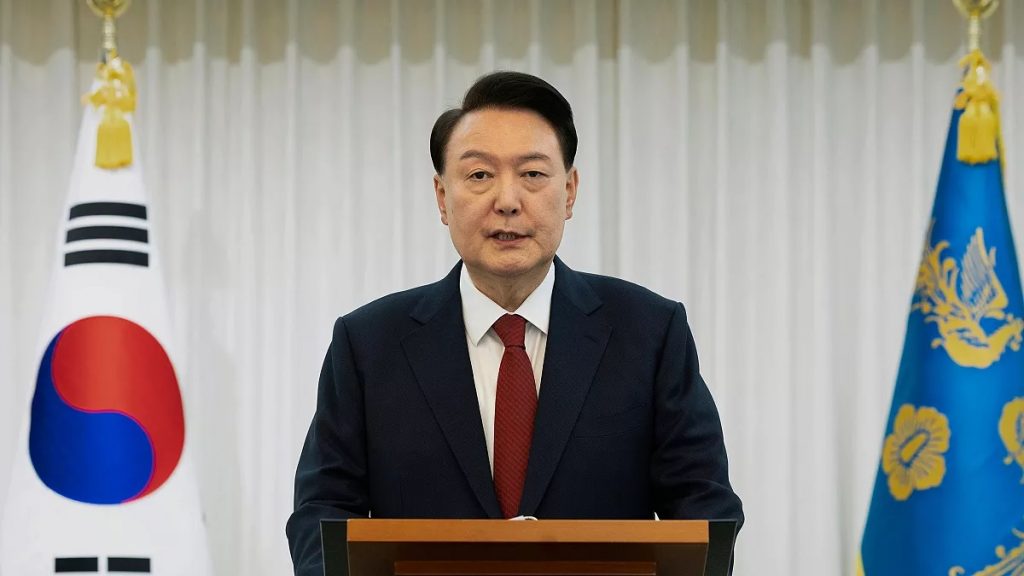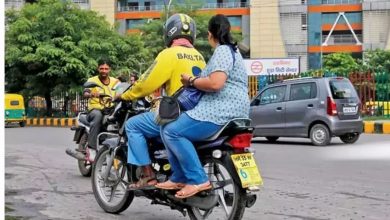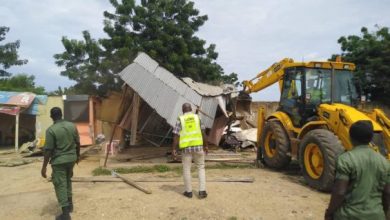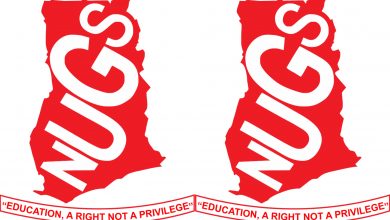S. Korea court issues arrest warrant for suspended president Yoon

A South Korean court has issued an arrest warrant for suspended President Yoon Suk Yeol following his attempt to impose martial law on December 3.
This move comes after Yoon ignored three summonses for questioning in the past two weeks over allegations of abuse of power and inciting insurrection.
Yoon’s legal team has dismissed the warrant as “illegal and invalid” and plans to challenge it in court.
South Korea has been in a political crisis since the martial law declaration, which led to both Yoon and his successor being impeached by an opposition-controlled parliament.
Yoon is the first sitting president in South Korea to face arrest. The warrant, approved by a court in Seoul, requires investigators to execute it by January 6, with a possibility of an extension.
However, it remains unclear whether the warrant can be executed, as Yoon’s security team and protesters may obstruct the process.
Previously, presidential security blocked investigators from entering the presidential office and Yoon’s private residence for court-approved searches.
Yoon’s legal team argued that declaring martial law was within the president’s constitutional authority and that his failure to comply with the summonses was due to “legitimate concerns.”

Though Yoon has been suspended from presidential duties since December 14 after being impeached by lawmakers, his removal from office depends on a ruling from South Korea’s Constitutional Court.
With only six judges currently on the court’s nine-member bench, a single rejection could prevent Yoon’s removal.
The opposition hoped that appointing three new judges would increase the chances of his impeachment, but this proposal was vetoed by Prime Minister Han Duck-soo.
In response, the opposition has impeached Han and is now threatening to take similar action against Finance Minister Choi Sang-mok, who is acting as both president and prime minister.
On Tuesday, Choi appointed two new judges and stated that appointing a third would require consensus from both opposition and governing parties.
Source-BBC





